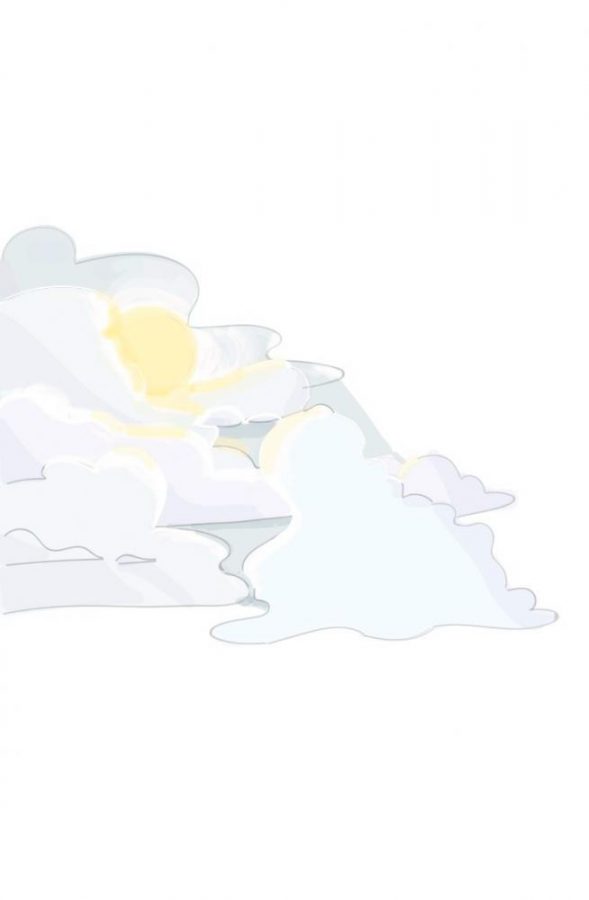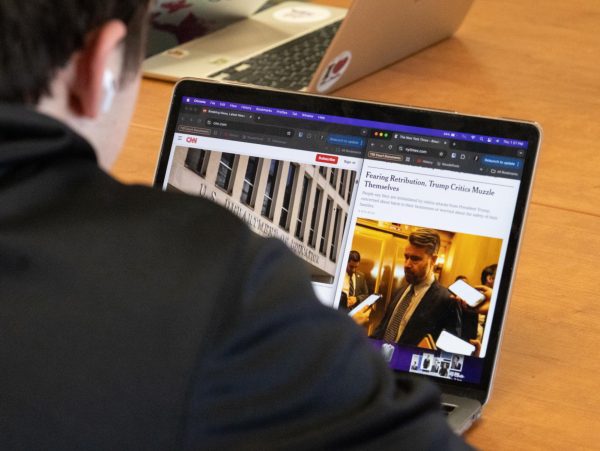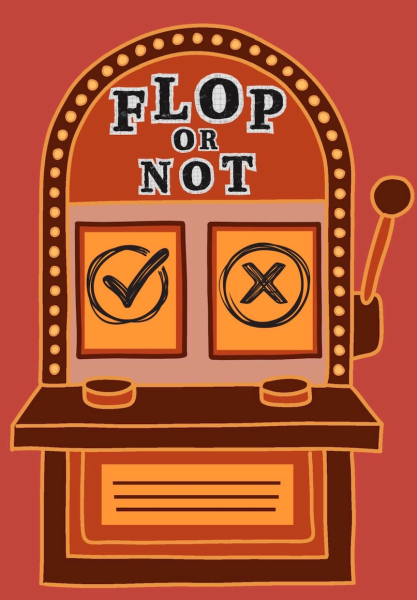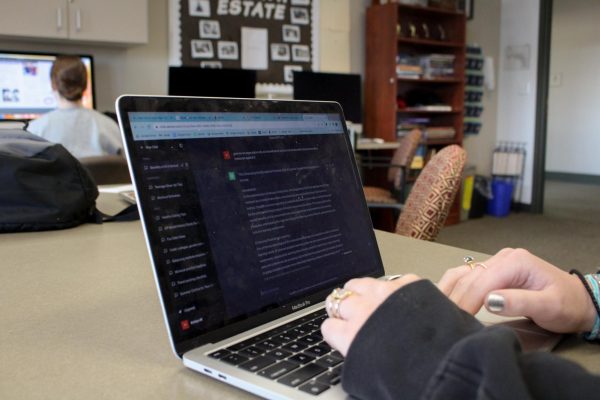Silver linings in our darkest hours
“May the shadow of the moon fall on a peaceful world.” These hopeful words were the last spoken during the 1979 eclipse as ABC News Anchor Frank Reynolds signed off on his coverage. Thirty-eight years later the shadow of the moon has fallen upon a world that would perhaps fall short of Reynold’s wish.
Yet for all the division in the world, people still gathered in unity to watch this extraordinary celestial event. The eclipse gave us a moment as a society to recognize the vast inferiority of our problems and the vast expanse of the final frontier.
Most probably saw this moment as a beautiful display of the universe and that it surely was, yet it was a great display of humanity as well. From sea to shining sea, the sun raced, and in each place the shadow touched, people stood captivated.
This mood was captured at St. George’s as well.
Senior Griffin Hancock reflected that the rain and the storm obscuring a view of the eclipse helped turn the theme of the event more towards school unity rather than the actual eclipse.
The mood wasn’t dampered by the rain but rather amplified. As I looked around during those few minutes of the eclipse, I saw the world hold its collective breath as a shadow fell, for at least a moment, on a peaceful world.
These past months, it’s felt like Americans have been at each other’s throats. From the typical partisan bickering between Democrats and the Republicans to Democrats continuing to turn on each other over the 2016 election and Republicans failing to show a united legislative front. The animosity has been exhausting to watch. This discord has descended from Washington and has infected an already hyper-polarized America, and the recent clashes between hate groups and counter protesters show the visceral hate that permeates our society.
Yet, it seemed that Mother Nature would not let us remain in our divided states. As Hurricane Harvey battered Houston, Texas, people again came together in a moment of national unity. From Louisiana came the Cajun Navy, a group of volunteers who used their airboats to rescue people during Katrina and now in Houston. From Boston came truckloads of supplies and relief aid. Even California, which has banned state-funded travel to Texas because of that state’s anti-LGBT laws, activated their own National Guardsmen to conduct rescue operations in Houston.
Whether is it the appreciation of the eclipse or the solidarity in the face of natural disasters, it seems that national unity is not dead, and America’s best qualities come to light in its darkest hours.












